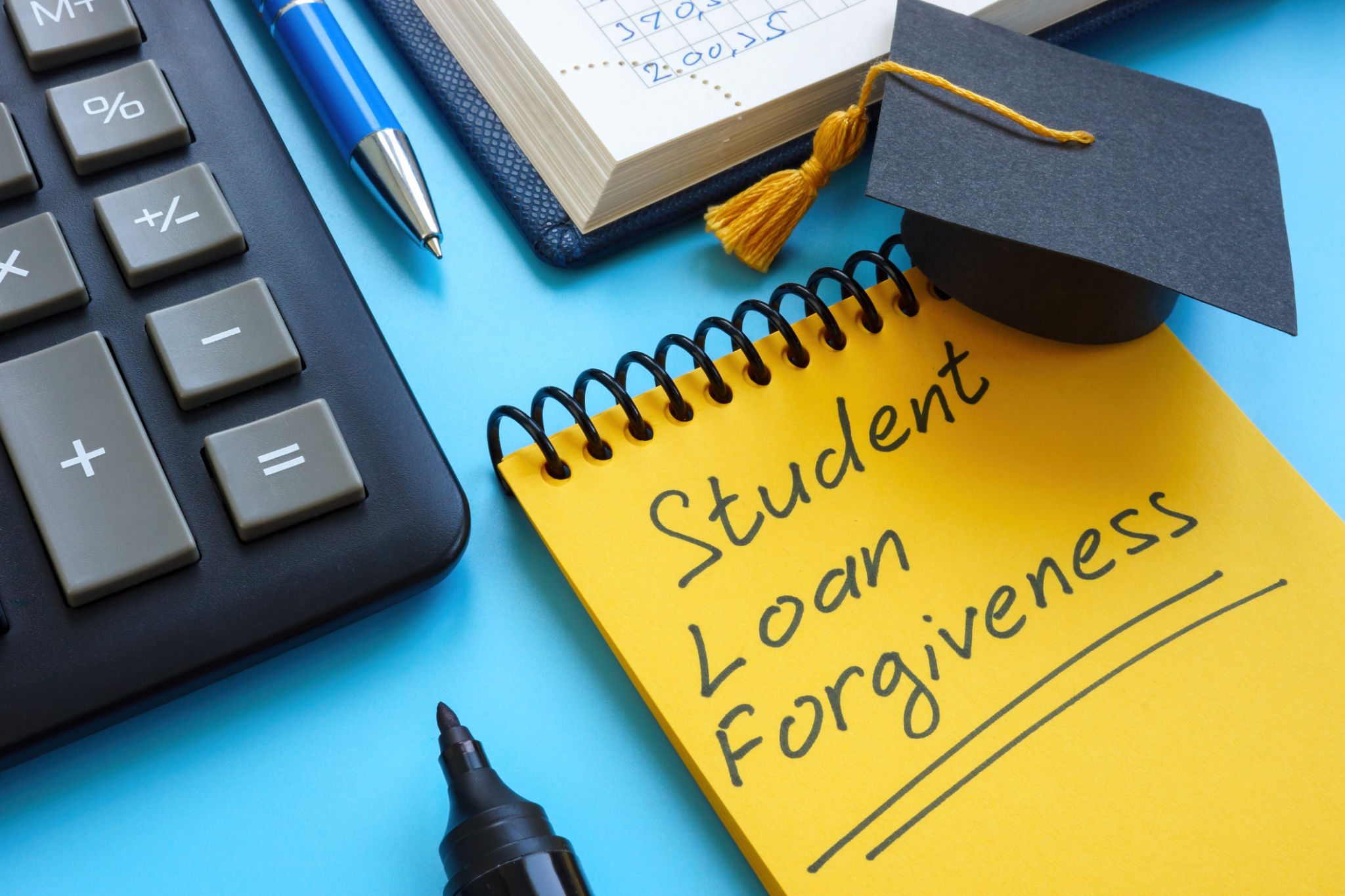Top Myths About Student Loan Forgiveness Debunked
Understanding Student Loan Forgiveness
Student loan forgiveness has become a hot topic in recent years, with many borrowers hopeful for relief. However, there are numerous myths surrounding this subject that can lead to confusion. In this post, we'll debunk some of the most common misconceptions about student loan forgiveness.
Myth 1: Everyone Qualifies for Student Loan Forgiveness
One of the biggest myths is that student loan forgiveness is available to everyone. In reality, qualification criteria are quite specific. Most programs require borrowers to meet certain conditions, such as working in public service or teaching in low-income schools. It's essential to understand the particular requirements of each program to determine eligibility.

Myth 2: All Loan Types Are Eligible
Contrary to popular belief, not all loans qualify for forgiveness programs. Typically, federal loans are eligible, whereas private loans are not. For instance, the Public Service Loan Forgiveness (PSLF) program applies mainly to Direct Loans. Borrowers with different loan types may need to consolidate into a qualifying loan to benefit.
Dissecting the Application Process
The application process for loan forgiveness can be daunting for many. However, understanding the procedure can demystify it and help borrowers successfully navigate it.
Myth 3: Forgiveness Happens Automatically
A common misconception is that loan forgiveness occurs automatically after meeting the requirements. In reality, borrowers must actively apply and provide necessary documentation. Failing to submit the right paperwork on time can delay or even prevent forgiveness.

Myth 4: Loan Forgiveness is a Quick Process
Many believe that once they apply, forgiveness will occur swiftly. However, processing times can vary significantly. Programs like PSLF may take months or even years before final approval and debt cancellation occur. Patience and thorough record-keeping are crucial throughout this period.
Financial Implications of Loan Forgiveness
Understanding the financial impact of loan forgiveness is crucial for borrowers planning their future finances. Here are some myths that need clarification:
Myth 5: Loan Forgiveness is Tax-Free
While some forgiveness programs offer tax-free benefits, others do not. For instance, PSLF is tax-free, but forgiveness under income-driven repayment plans may be considered taxable income. It's important for borrowers to consult with a financial advisor to understand potential tax implications.

Myth 6: Loan Forgiveness Won't Affect Credit Scores
Many assume that loan forgiveness will have no impact on their credit scores. While it might not directly affect scores negatively, having loans forgiven can influence a borrower's overall credit profile, potentially impacting future borrowing opportunities.
By debunking these myths, borrowers can make informed decisions about their student loans and better understand the intricacies of forgiveness programs. It's essential to stay informed and seek professional advice when necessary to navigate this complex landscape effectively.